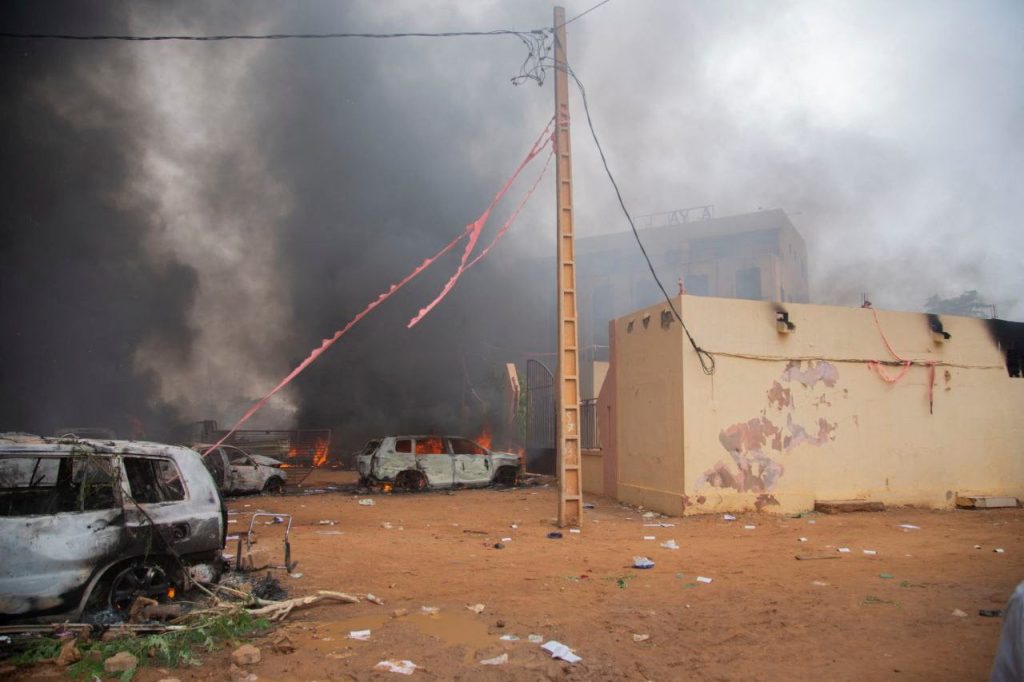The United States is attempting to negotiate a new military agreement with Niger in order to maintain its presence in the country, following the junta’s assertion that American involvement was no longer justified. Niger plays a crucial role in U.S. military operations in the Sahel region, serving as a key outpost with a major airbase used for surveillance flights and other operations. However, relations between Niger and Western countries have been strained since the military coup that ousted the democratically elected president in July, leading to the expulsion of French forces and increased engagement with Russia for security assistance.
The decision to revise the military agreement came after the U.S. officially designated the military takeover in Niger as a coup, triggering restrictions on military support and aid to the country. Discussions have been held at senior levels to explore the possibility of reaching an agreement that addresses the concerns of both sides. The revised agreement is aimed at finding a formula that satisfies the interests of both parties, with the U.S. emphasizing the importance of maintaining a presence in Niger to ensure the safety of troops and personnel in the region.
The situation in Niger is further complicated by the extensive military and intelligence infrastructure that the U.S. has invested in the country over the years. While disengagement may be the wisest policy, finding a new mode of engagement that departs from the failed counterterrorism cooperation model of the past decade is crucial. Local activist Insa Garba Saidou stressed the importance of preserving the interests of the people of Niger and ensuring fair and respectful relations between the two countries.
As the U.S. works on negotiating a new military agreement with Niger, a U.S. official stated that discussions are ongoing with the transition authorities to determine the future of military cooperation between the two countries. Maintaining a U.S. presence in Niger is seen as essential for not only counterterrorism operations but also for ensuring the safety and security of military and diplomatic staff in the region. The challenge ahead lies in finding a mutually beneficial agreement that addresses the concerns of both parties and allows for continued cooperation while respecting the sovereignty and interests of Niger.
The U.S. faces a difficult decision as it navigates its military presence in Niger, with experts noting the complexity of walking away from the extensive military and intelligence infrastructure that has been established in the country. While there is recognition of the need for a new approach to engagement that moves away from past models, there is also a need to continue pressing for accountability and human rights standards in the Sahel region. The future of U.S.-Niger relations hinges on finding a balance between security interests and respecting the sovereignty and interests of both countries in order to achieve stability and cooperation in the region.


